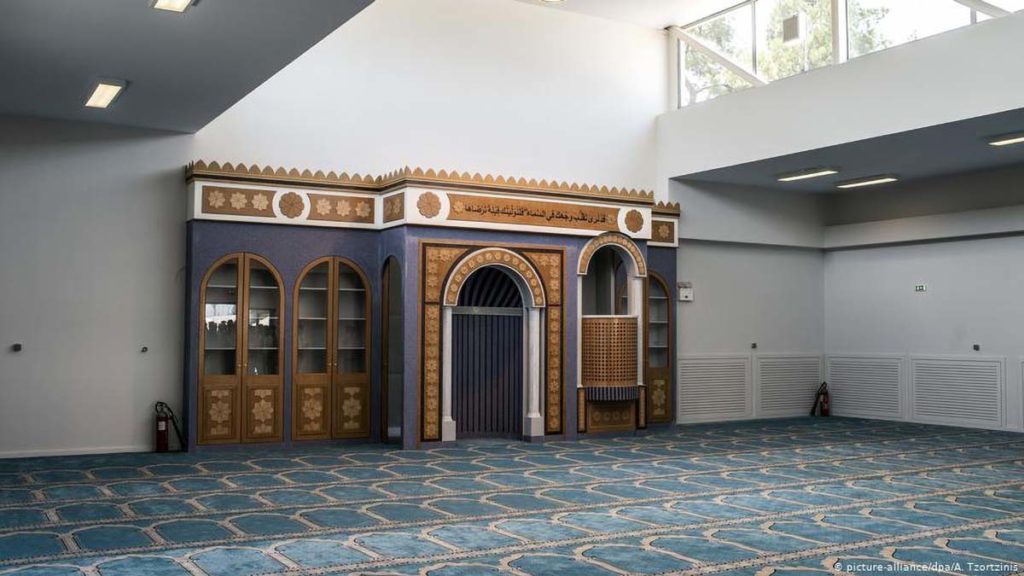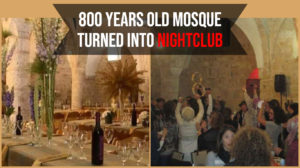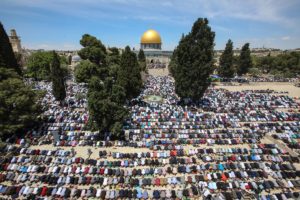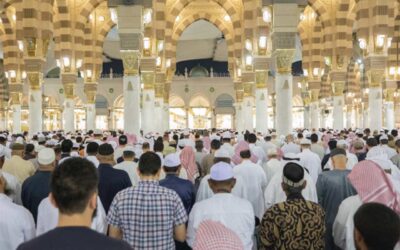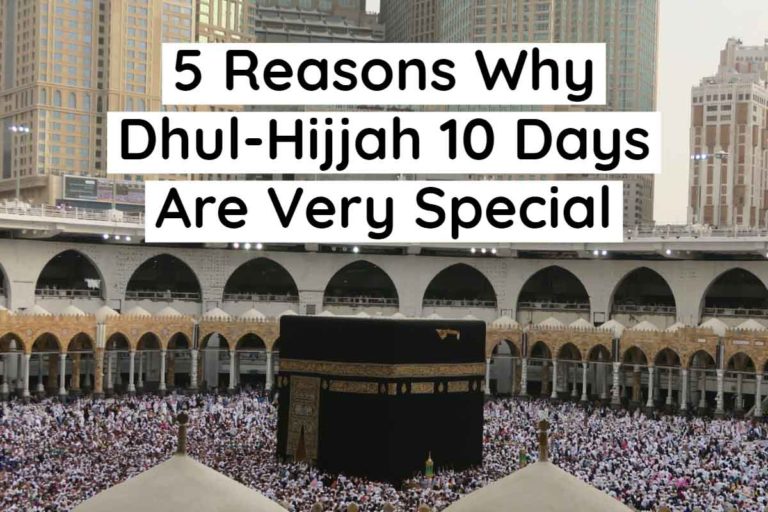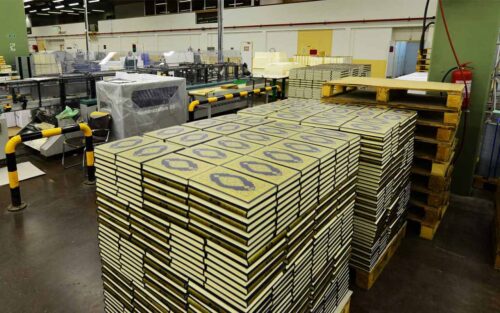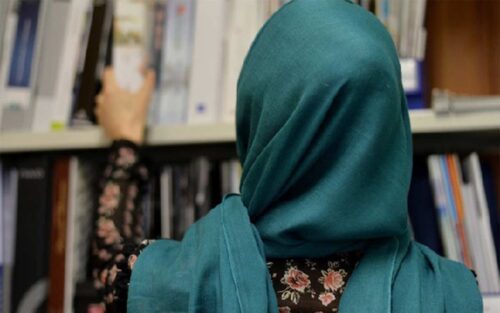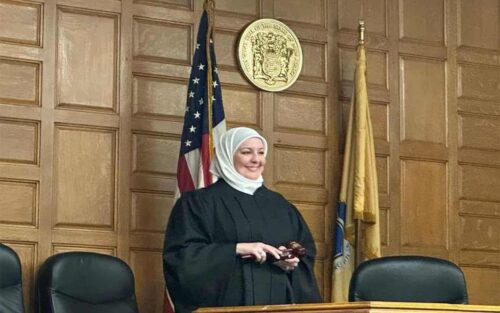Athens’ first State-sponsored mosque since the establishment of the Greek modern state two centuries ago is set to open by this September, Greek Minister of Education, Research and Religious Affairs Kostas Gavroglu said on Friday during a visit to the site.
The minister toured the nearly completed site, which is designed to accommodate some 350 people, on the outskirts of the city center with members of the local Muslim community.
“We are feeling very proud. This is a historical day,” said Sayed Mohammad Jamil, president of the Greek-Pakistani Cultural Welfare Society, “There are more than 250,000 Muslims living and working respectfully in Greece.”
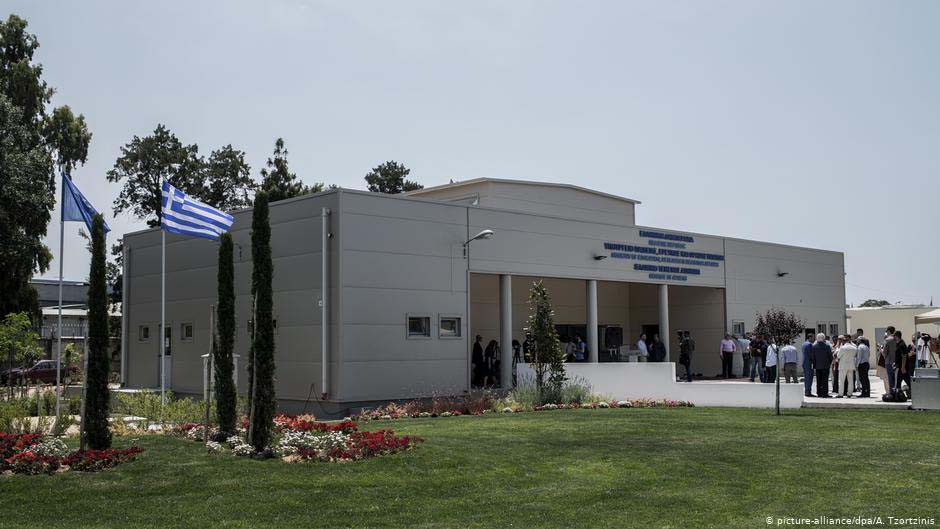
The construction of a mosque has been a constant request of Muslims living in overwhelmingly Christian Orthodox Greece for decades, but conservative circles raised obstacles many times. Following a marathon battle with Greek bureaucracy as officials noted on Friday, the mosque was eventually constructed in a central district of the Greek capital.
Parliament approved final plans to build the mosque in 2016 in partial response to the spread of illegal sites of worship throughout Athens and the surrounding area.
“The Greek state has done anything possible to safeguard the right of all people to pray in sites of worship of their choice,” Minister of Education, Research and Religious Affairs Kostas Gavroglu told media on Friday after inspecting the place with representatives of the Muslim communities in Greece.
“Almost all parties in the Greek parliament voted in favor of its construction. Democracy spoke and her wish was respected,” he said, pointing to far-right extremists who objected the construction and vandalized the site recently.
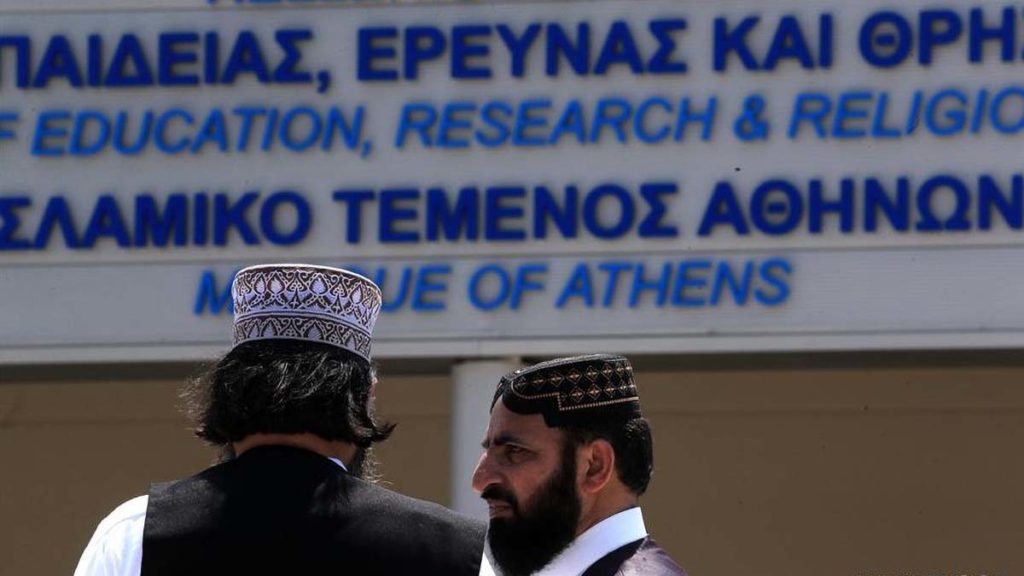
Athens is the only European capital without an official mosque. Fierce opposition from Greek conservatives and the Orthodox Church has frustrated efforts to build one, despite support for the project dating back to the 1890s.
Greece repurposed or destroyed its mosques after it declared independence from the Muslim-majority Ottoman Empire in 1821. Some were later constructed near the country’s border with Turkey, where up to 150,000 Muslims live.


